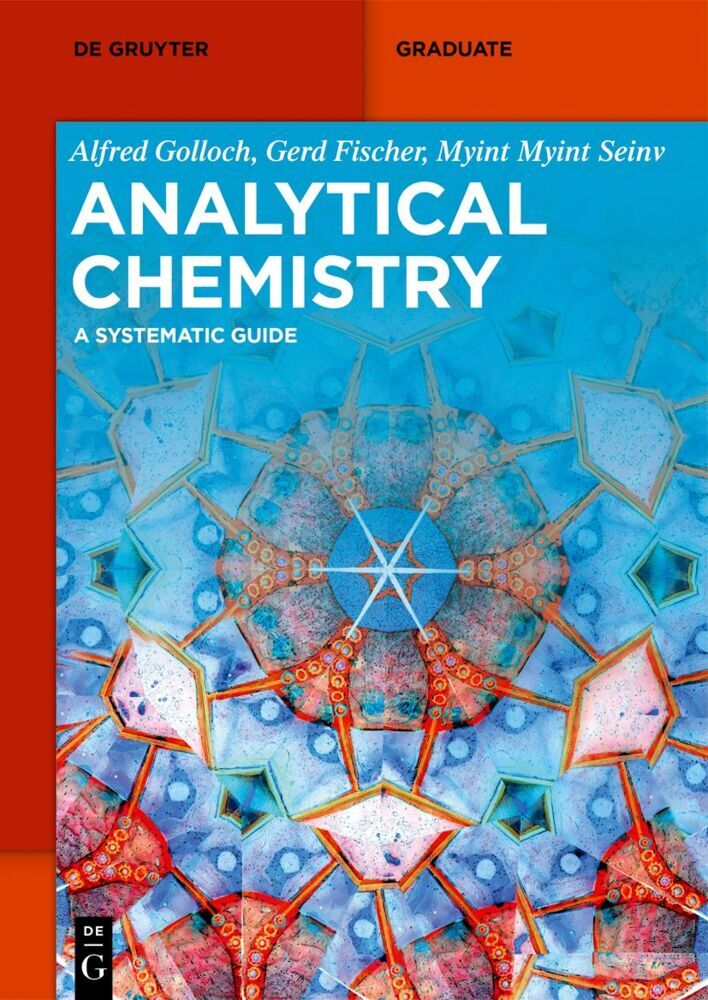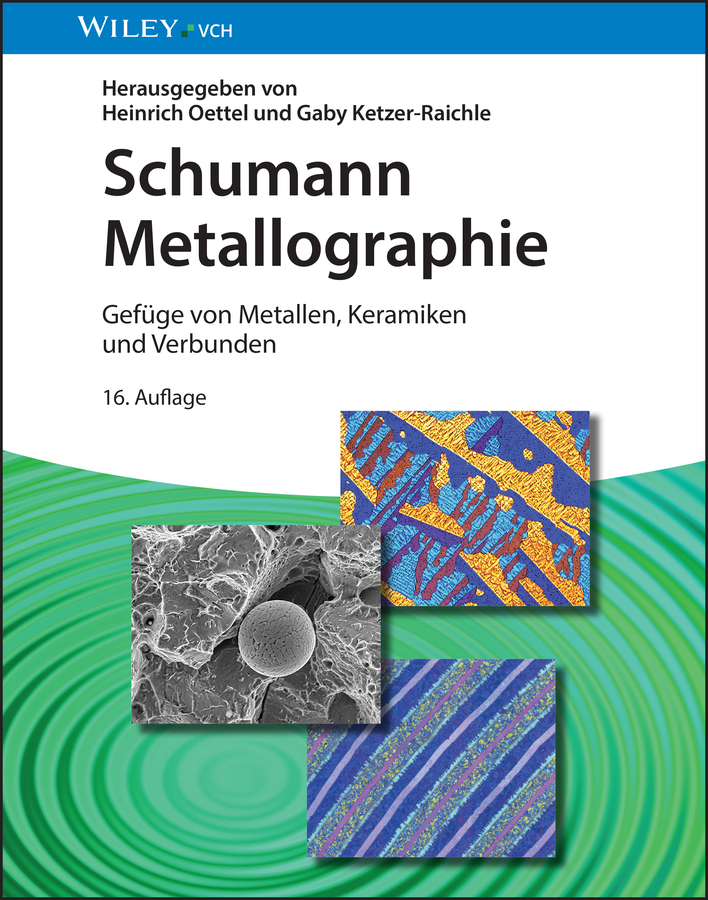Affective Dimensions in Chemistry Education
Affective Dimensions in Chemistry Education
This is a unique resource for those wishing to address the affective domain as they research and solve problems in chemistry education. Contributions by world-leading experts cover both fundamental considerations and practical case studies. This work fills a gap in the literature of chemistry education, which so far has focussed mainly on the cognitive domain. The affective domain refers to feelings-based constructs such as attitudes, values, beliefs, opinions, emotions, interests, motivation, and a degree of acceptance or rejection. It can affect students' interest in science topics and their motivation to persevere in learning science concepts.
Getting involved: Context- based learning in chemistry education
Gender Perspective on Affective Dimensions of Chemistry Learning
Intuitions about Science, Technology and Nature - A Fruitful Approach to Understand Judgments about Socio-Scientific Issues
Implementing Inquiry-based Science Education to Foster Emotional Engagement of Special Needs Students
Affect and meeting the needs of the gifted chemistry learner: providing intellectual challenge to engage students in enjoyable learning
It's the situation that matters - Affective involvement in context-oriented learning tasks
Gathering psychometric evidence for ASCIV2 to support cross-cultural attitudinal studies for college chemistry programs
Secondary School Students' Chemistry Self-Efficacy: Its Importance, Measurement, and Sources
Second Year College Students' Scientific Attitudes and Creative Thinking Ability: Influence of a Problem-Based Learning (PBL) Chemistry Laboratory Course
Neuroscience Engagement: The Influences of Chemistry Education on Affective Dimensions
Evaluating Drawings to Explore Chemistry Teachers` Pedagogical Attitudes
Chemistry Teachers` Attitudes and Needs when Dealing with Linguistic Heterogeneity in the Classroom
Majors' Gender-Based Affective States toward Learning Physical Chemistry.
Meeting educational objectives in the affective and cognitive domains: Personal and social constructivist perspectives on enjoyment, motivation and learning chemistry
Evaluating the Affective Dimension in Chemistry EducationGetting involved: Context- based learning in chemistry education
Gender Perspective on Affective Dimensions of Chemistry Learning
Intuitions about Science, Technology and Nature - A Fruitful Approach to Understand Judgments about Socio-Scientific Issues
Implementing Inquiry-based Science Education to Foster Emotional Engagement of Special Needs Students
Affect and meeting the needs of the gifted chemistry learner: providing intellectual challenge to engage students in enjoyable learning
It's the situation that matters - Affective involvement in context-oriented learning tasks
Gathering psychometric evidence for ASCIV2 to support cross-cultural attitudinal studies for college chemistry programs
Secondary School Students' Chemistry Self-Efficacy: Its Importance, Measurement, and Sources
Second Year College Students' Scientific Attitudes and Creative Thinking Ability: Influence of a Problem-Based Learning (PBL) Chemistry Laboratory Course
Neuroscience Engagement: The Influences of Chemistry Education on Affective Dimensions
Evaluating Drawings to Explore Chemistry Teachers` Pedagogical Attitudes
Chemistry Teachers` Attitudes and Needs when Dealing with Linguistic Heterogeneity in the Classroom
Majors' Gender-Based Affective States toward Learning Physical Chemistry.
| ISBN | 978-3-662-51153-4 |
|---|---|
| Artikelnummer | 9783662511534 |
| Medientyp | Buch |
| Auflage | Softcover reprint of the original 1st ed. 2015 |
| Copyrightjahr | 2016 |
| Verlag | Springer, Berlin |
| Umfang | 318 Seiten |
| Abbildungen | XII, 318 p. 53 illus., 22 illus. in color. |
| Sprache | Englisch |









